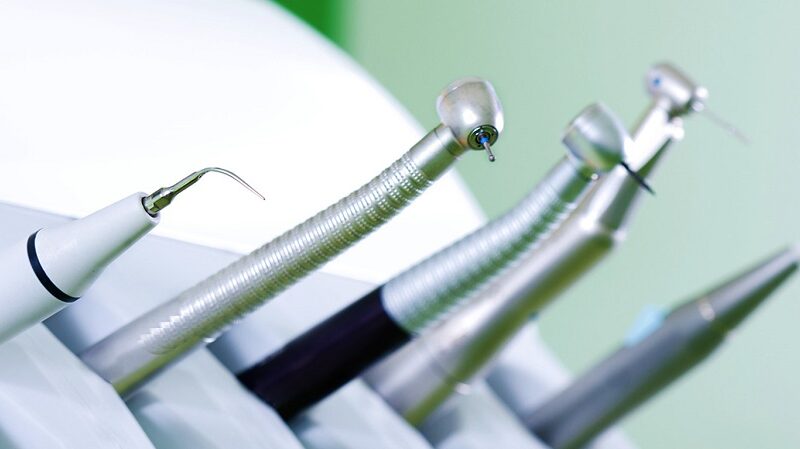Dental handpieces are essential tools in any dental practice, allowing dentists to perform various procedures efficiently and effectively. To ensure the longevity and optimal performance of these critical instruments, proper care and maintenance are crucial. Caring for handpieces isn’t as simple as wiping them down after each use. There are plenty of steps to take to ensure your equipment is up to standards, for the wellbeing and peace of mind of your patients, and the quality of care you’re able to offer. Handpieces are also expensive pieces of equipment, and keeping them clean and maintained is important to ensure the life span of these critical dental tools.
Follow manufacturer’s instructions
When choosing a handpiece it’s important to research the company you’re purchasing from, either by contacting other dentists or checking out reviews. Once you’ve found a reputable manufacturer, it’s important to follow their instructions for care and usage. Before using any dental handpiece, familiarise yourself with the manufacturer’s guidelines and recommendations for care and maintenance.
Each handpiece model may have specific requirements, and following these instructions is fundamental in preserving its performance and warranty. Invalidating the warranty is a major problem for dentists — handpieces are expensive, and they also have a good resale value if properly cared for by the official manufacturer’s support service.
Clean and lubricate
After every procedure, it’s essential to clean the dental handpiece meticulously. Use an enzymatic cleaning solution to remove debris and contaminants from the handpiece’s exterior. Make sure to follow the recommended cleaning procedure to prevent damage to delicate components.
Proper lubrication is vital for the smooth functioning of dental handpieces. Apply the manufacturer-recommended lubricant through the handpiece’s air drive hole, following the suggested intervals. Regular lubrication helps reduce friction and wear on internal parts, ensuring optimal performance.
Maintenance
Implement a regular maintenance schedule for all dental handpieces in your practice. Schedule inspections by qualified professionals to ensure that all components are functioning correctly and that any issues are addressed promptly.
Always handle dental handpieces with care. Avoid dropping them or subjecting them to unnecessary force. When not in use, store the handpieces in a clean and dry environment, protected from potential damage. Aftercare is a major factor when it comes to choosing your dental handpieces, and although it may seem like an added expense, you’re almost certain to find value in it later on.
Sterilisation procedures
It goes without saying that all dental equipment must be sterilised between appointments, and it’s essential to do it the right way. Contaminated dental equipment will open you to lawsuits, and completely compromise the level of care you’re able to provide.
Before sterilisation, detach the handpiece from the air hose, and always follow the recommended sterilisation process provided by the manufacturer to ensure the elimination of all harmful pathogens. Utilise a validated autoclave to sterilise the handpiece and any detachable components.
Burs and o-rings
Burs are an essential part of many handpieces Regularly inspect the bur for signs of wear and tear. Replace worn-out or damaged burs promptly to prevent them from affecting the handpiece’s performance or causing potential harm to the patient.
O-rings play a crucial role in preventing water and debris from entering the handpiece’s interior. Regularly inspect the O-rings for signs of damage, such as cracks or wear. Replace any damaged O-rings promptly to maintain the handpiece’s integrity and prevent potential contamination.
Use quality air and water
Maintaining a clean and dry air supply is essential for the longevity of dental handpieces. Use high-quality air and water filters to ensure that the handpiece is protected from debris and contaminants that may be present in the dental unit’s lines.
Heat and cold
Protect the handpiece from extreme temperatures during sterilisation, storage, or transportation. Excessive heat or cold can damage the handpiece’s internal components and reduce its overall lifespan.
Caring for dental handpieces is crucial for the success and longevity of a dental practice. By following the manufacturer’s instructions, maintaining regular cleaning and lubrication, and handling the handpieces with care, you can ensure optimal performance and extend their lifespan. Additionally, proper sterilisation procedures and monitoring of components like burs and O-rings will help prevent contamination and enhance patient safety. Remember that well-maintained dental handpieces contribute to efficient procedures, accurate results, and ultimately, patient satisfaction.

